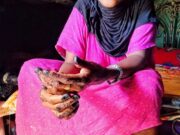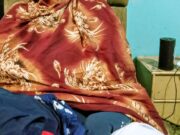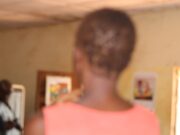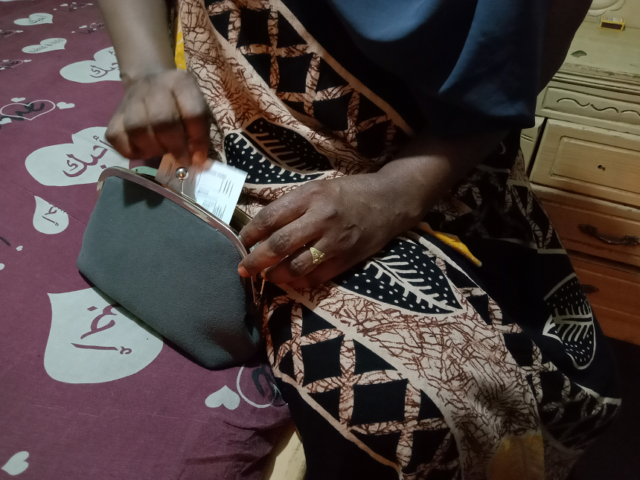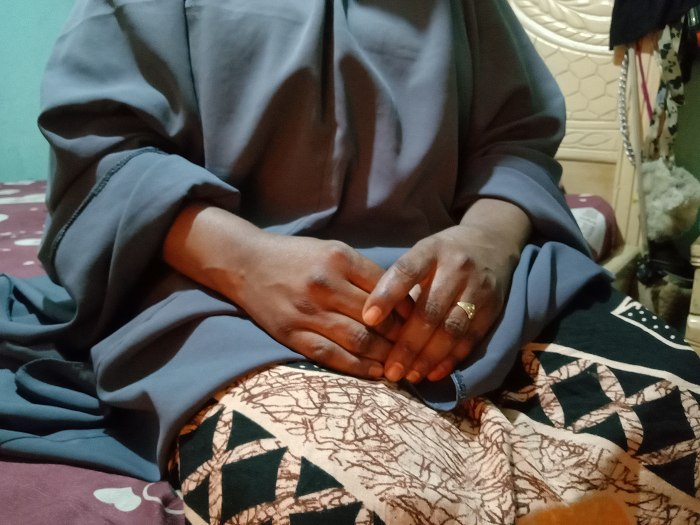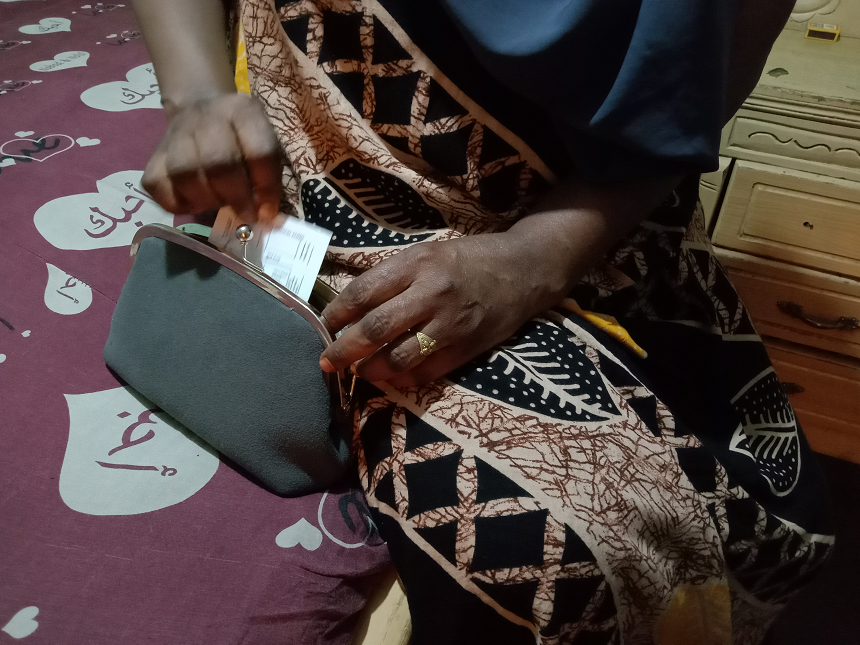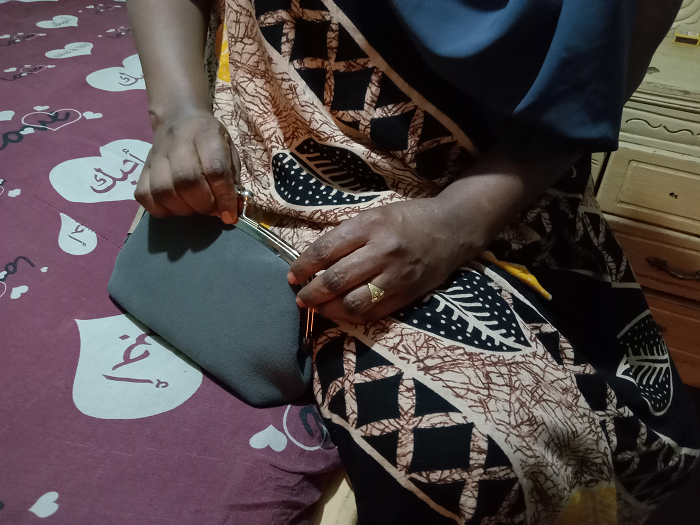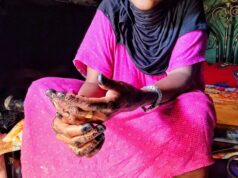By Maryanne W. Waweru l wawerumw@gmail.com l @MaryanneWaweru
There is something that Nasra*, 36, cannot forget to do every three months.
She would rather forget to eat, brush her teeth, take a bath or apply her favorite lotion on her smooth, silky skin, but she cannot forget the date on the small white card she keeps in a purse safely tucked away in a corner of the single-roomed house that she shares with her husband and five children.
The date, renewed every three months, is what helps her ‘live without much stress’ as she puts it.
The date on the card indicates her next appointment at the family planning clinic where she gets her contraceptive injection.
The reason Nasra cannot forget that date is because of the experiences she had in her first years of motherhood, which she describes as being ‘extremely stressful’.
After giving birth to her first child at the age of 21 years, she found herself pregnant again just a few months later. Shortly after delivering her second child, she fell pregnant again. By 24, she had three children –all under three years.
A life of loneliness and struggle in Nairobi
As a newlywed, Nasra had left her hometown of Moyale to join her husband in Kamukunji, a sub-county in Nairobi, Kenya’s capital city. Moyale is a town located at the border of Kenya and Ethiopia.
Distanced from her relatives, the only person she knew in Nairobi was her husband, a casual laborer who would be out at work all day long.
“In between breastfeeding, caring for the babies, cooking, cleaning, fetching water, washing clothes and undertaking all domestic chores all by myself, I was always exhausted,” she remembers.
Surviving on a cup of tea
Things would get worse as sometimes, her husband would go for weeks without a job.
“I remember the times I was pregnant while also breastfeeding, yet we had no food. I would make do with just a cup of strong tea all day long. I felt like I would die. I would rebuke my husband as I felt he was not working hard enough to provide for us. I blamed him for having brought me to Nairobi to suffer. I was always very angry at him,” she remembers.
A new revelation at the well-baby clinic
One day, when Nasra took one of the children for his routine immunization at a government clinic, a conversation with the nurse got her thinking.
“I had gone to the well-baby clinic with my three children. Even though it was only one child who was being vaccinated, I had carried the others along since I had no one to leave them with at home. The children were quite fussy, and I struggled to control them. The nurse, who noted how overwhelmed I was, asked me if I was ready to have another child and if not, what I was doing to avoid getting pregnant again.”
Nasra didn’t know how she could delay or avoid pregnancy. She asked the nurse for more details.
Seeking husband’s permission
When her husband returned home that day, Nasra narrated her experience at the immunization clinic. She told him that she wasn’t ready for another pregnancy and wanted to use family planning. Her husband did not object and gave her 50 shillings to open a file at the clinic.
“The nurse explained the different family planning options and I settled for the injection as I thought it was the most convenient for me. She also told me that once I stopped the injection, I would be able to get pregnant again.”
For the next few years, Nasra would engrave in her memory the date that the nurse wrote on her small clinic card every three months. She would keep the card safely tucked away in a purse in the corner of their single-room house. She never forgot the date of each appointment and when she felt she was ready to have another child, she did not renew the injection.
A better-planned pregnancy
“When I got pregnant again, my last child was three years old. My husband had also found a better job by then, so things were better financially. I felt ready to get another child,” she remembers.
After delivering her fourth child, she resumed her regular dose of the family planning injection, only stopping when she felt she was ready for another child.
Her lastborn child was delivered four years after the previous birth.
Plans to have more children
Nasra says that while she still hopes to have ‘two or three more children’, she is at least doing so at her own terms –when she is ready to, thanks to the date on the small card hidden in the purse in a corner of the single-room she shares with her husband and five children.
Family planning for positive maternal health outcomes
Nasra is one of the women enjoying the benefits of family planning. The Sustainable Development Goals (SDGs) have focused on contraception as one of the priority areas to boost maternal and child health outcomes.
Within the married Somali refugee women community living in Nairobi County, to which Nasra belongs, an approximate one in every four of them use family planning. This is according to a recent study by Dr. Eliphas Gitonga Makunyi, a population and sexual reproductive health expert and lecturer at Kenyatta University.
In his study, Dr. Gitonga sought to examine the utilization of family planning among blended married Somali refugee women aged 15-39 years in Nairobi, Kenya. The blend included Somali women from neighbouring countries (refugees) and natives from Nairobi and the northern region of Kenya. Somali refugees in Kenya originate from Somalia, Ethiopia, and Djibouti. The native Somali women are from Nairobi and the northern region of Kenya.
The study established the prevalence of modern family planning among Somali refugee women as 24%, compared to that of 43.5% among native Somali women.
Among the Somali refugee women using modern family planning, the preferred methods are injectable (19%), pill (9%), Implant (31%), Intra uterine device (10%), male condom (27%) and others (4%).
Among the native Somali women using family planning, the preferred methods are injectable (40%), pill (21%), Implant (26%), Intra uterine device (6%), male condom (3.5%) and others (3.5%).
Male engagement in family planning
The study also established the link between family planning utilization and spousal support among Somali women. Participants in the study indicated that women need permission from their husbands for almost every decision they make for their lives, including their health.
The proportion of Somali women using modern family planning is highest among women who are accompanied by their husbands for family planning services, are given financial support for family planning services, have partner approval to use, are asked about family planning progress by their partners, and those with high constructive male engagement.
Owing to this, one of the key recommendations by Dr. Gitonga is the need to increase the level of constructive male engagement among refugees in Nairobi. He also recommends the need for policymakers at county and national levels to formulate urban refugee targeted family planning policies.
Learn more about the study here.
I was denied my family planning method of choice at the clinic
Secrets in marriage: I use family planning but my husband doesn’t know
Why I decided not to give birth again after delivering my 10th child
The story of Sadiya and Mama Kevo of 7th Street
*Name changed to protect her identity.
Do you have feedback on this article? Comment down below or email me at wawerumw@gmail.com
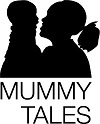 Mummy Tales is a platform dedicated to empowering its readers on different aspects of womanhood and motherhood. Read more motherhood experiences of Kenyan moms here. Connect with Mummy Tales on: FACEBOOK l YOU TUBE l INSTAGRAM l TWITTER
Mummy Tales is a platform dedicated to empowering its readers on different aspects of womanhood and motherhood. Read more motherhood experiences of Kenyan moms here. Connect with Mummy Tales on: FACEBOOK l YOU TUBE l INSTAGRAM l TWITTER














